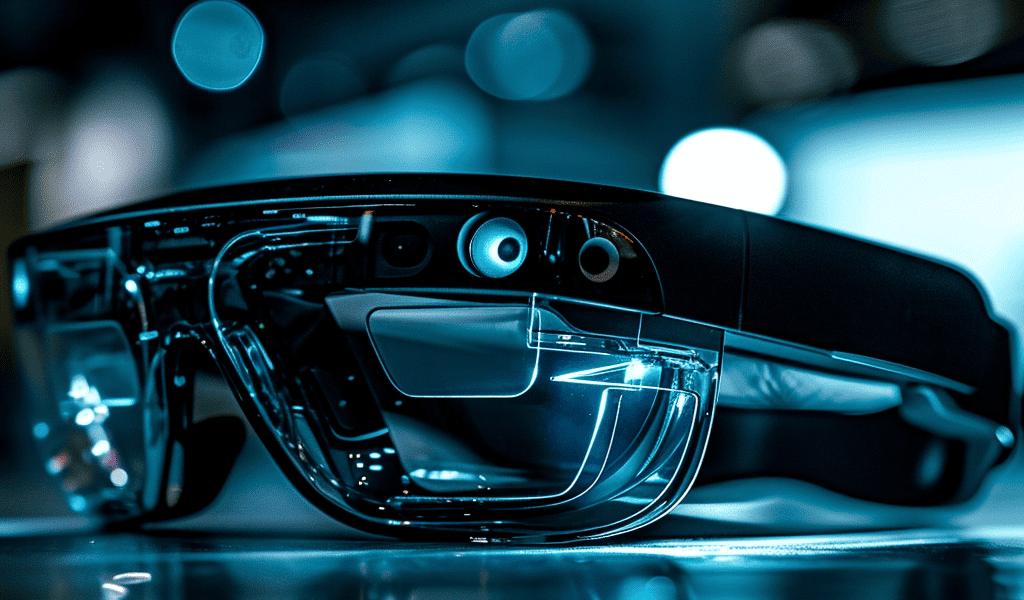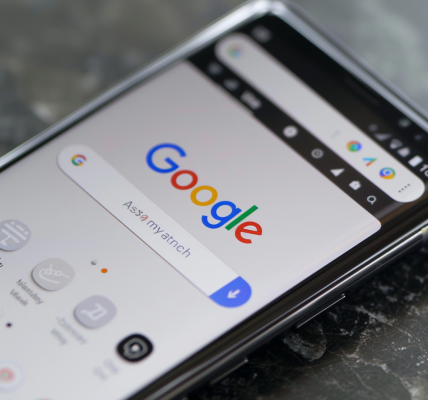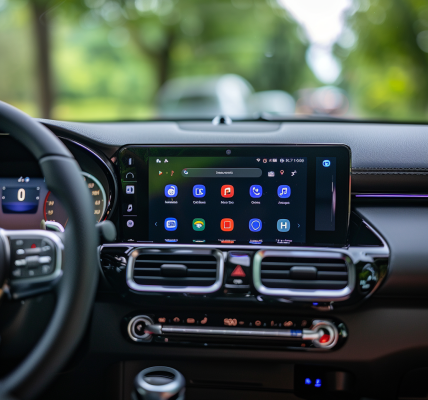Google has faced another setback in its augmented reality (AR) endeavors as another key executive, Paul Greco, has left the company. Greco, who was a vice president of engineering at Google and formerly the chief technology officer of Magic Leap, departed the tech giant for a new opportunity.
His departure marks the latest in a series of notable exits from Google’s AR teams, including Eddie Chung and Mark Lucovsky, both of whom were leads on the company’s ill-fated smart glasses project, Iris.
Following the shutdown of Iris last year, Google shifted its focus to a new partnership with Samsung for a mixed-reality headset, codenamed Moohan. This move signaled a strategic shift in Google’s AR hardware efforts, prompting the company to develop a software operating system to license to hardware partners, rather than continuing to build its own AR glasses.
Greco’s departure comes amidst Google’s attempts to secure a partner for its AR software platform. His team had been working on products utilizing technology from AR display company Raxium, which Google acquired in 2022. However, insiders revealed that Greco’s team was segregated from other AR efforts due to restrictions imposed by Samsung executives, who expressed a desire to limit access to the Moohan technology.
While Google’s AR hardware ambitions have faced challenges, the company remains committed to the AR space, albeit with a different approach. Despite the departures and strategic shifts, Google still envisions a future for AR glasses, aiming to adopt a more Android-like approach by developing a software operating system for licensing to hardware partners.
As Google navigates the evolving landscape of AR technology, the departure of key executives and the strategic pivot towards partnerships with other tech companies underscore the complexities and competitive dynamics within the AR industry.





